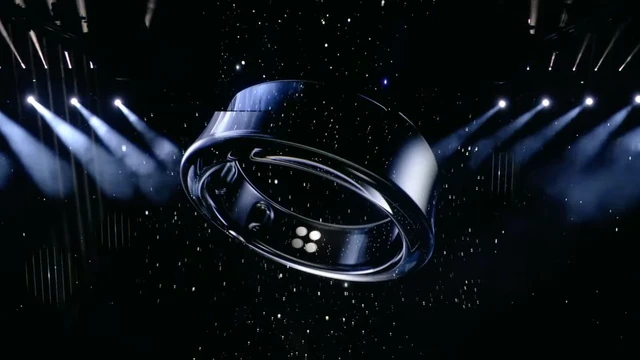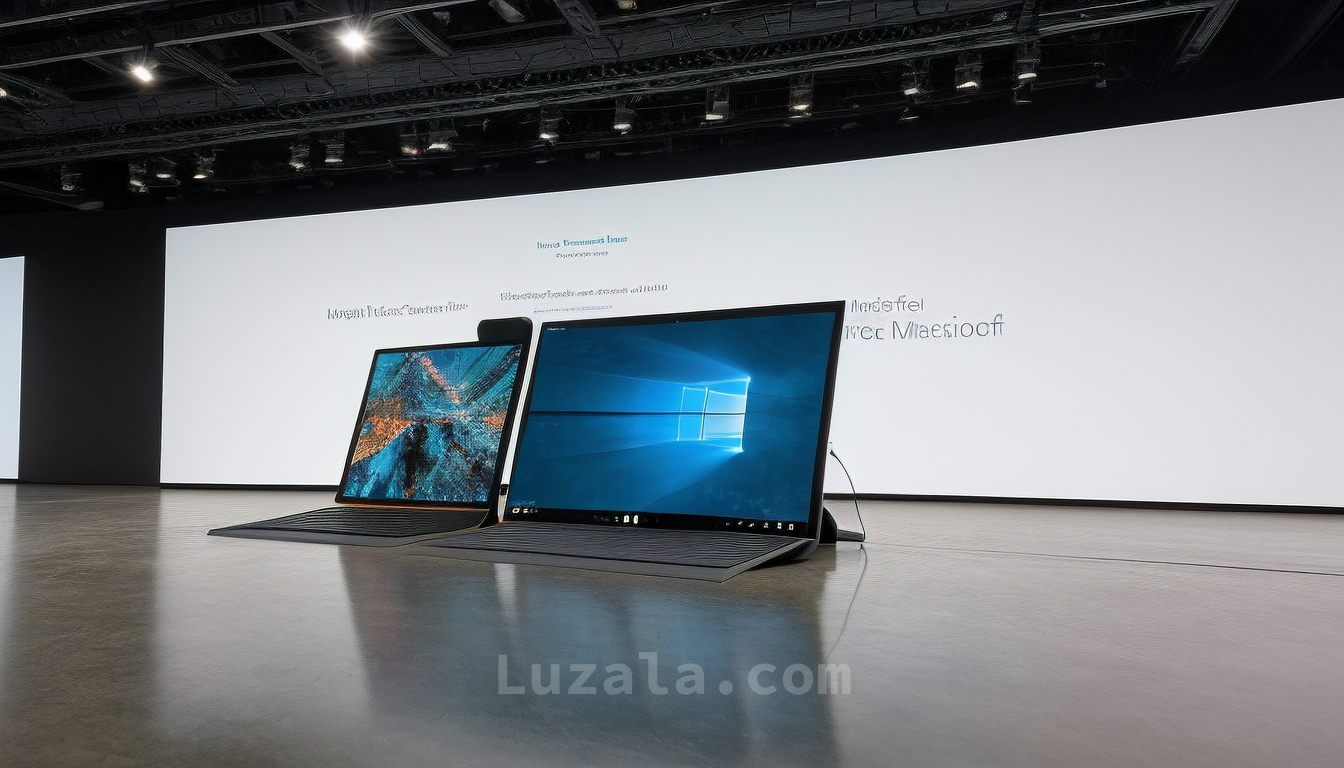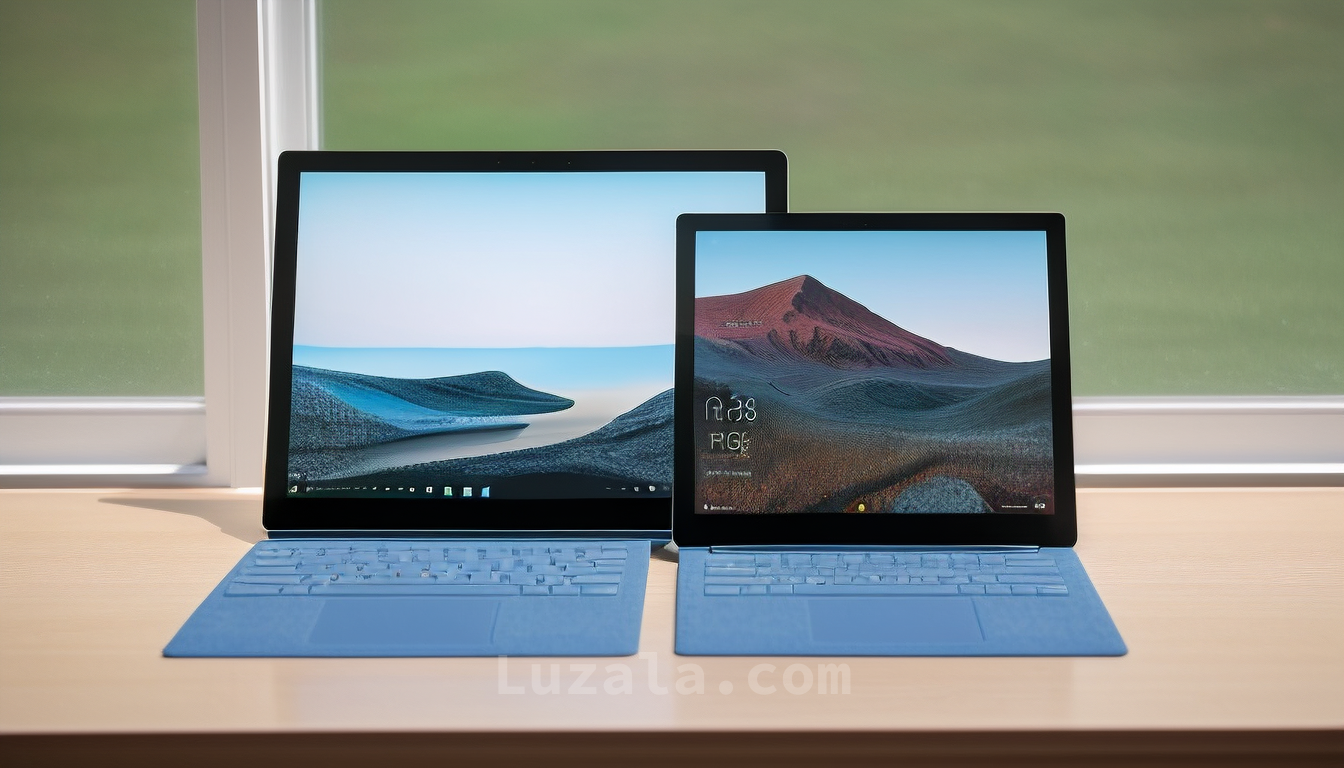Rediscovering the Brilliance of Fallout: New Vegas
Fallout: New Vegas, a standout in the RPG genre, offered a compelling blend of storytelling, complex factions, and memorable companions. Despite issues, it deserves a meaningful remaster.
In my quest through the vast sci-fi RPG world of Starfield, I've found myself struggling to capture the same joy I experienced with Bethesda's older titles. Fortunately, it seems Bethesda has some exciting plans in the works, including remasters of both Oblivion and Fallout 3. While I eagerly anticipate diving back into these classics upon their release, there's one game that truly tugs at my heartstrings: Fallout: New Vegas.
Oblivion and Fallout 3 were monumental RPGs that I still wholeheartedly recommend to newcomers even today. Yet, I must admit that I never quite formed the same deep connection with them as I did with their predecessors, Morrowind and Fallout 2. Technically, they were light years ahead, especially Fallout 3, but in terms of setting, characters, and storytelling, they fell short compared to their predecessors.
Fallout: New Vegas, however, represented the evolution of both the Fallout series and the Bethesda-style RPG that I had been yearning for. It retained the first-person perspective, a departure from the original isometric tactics-based gameplay, while skillfully preserving the delicate balance of nuance and eccentricity that the Black Isle games had perfected years ago. This achievement can be attributed to Obsidian Entertainment, the developer behind New Vegas, whose roots trace back to Black Isle.
Let me be clear, this is not a critique of Bethesda. New Vegas would not have existed without Bethesda's foundation, and it undoubtedly benefited from the legacy of massive open worlds and impressive digital landscapes that Bethesda had pioneered. This collaborative effort resulted in a game that continues to be beloved today, thanks in no small part to a dedicated modding community.
While I still hold Fallout 3's vault intro in high regard as one of the best prologues in the RPG genre, New Vegas's setup immediately drew me in. Instead of searching for a family member as in Fallout 3 or 4, you find yourself stranded in the harsh Mojave desert with a singular objective: revenge. Left for dead with a bullet in your head, your mission is clear—piece together the puzzle of your past and exact revenge on your assailant. It's a perfect motivation for the game's Wild West-inspired, post-apocalyptic setting.
However, this seemingly straightforward quest evolves into a complex narrative as you become entangled in the power struggles between various factions, a hallmark of classic RPG storytelling. You, the player character, inevitably become the linchpin determining the fate of the Mojave Wasteland. And if you so choose, you can align yourself with one of the series' most villainous factions and watch the world burn once again—an intriguing option for those who relish moral ambiguity.
While Fallout 3 and 4 allowed players to engage in morally questionable actions and collaborate with unsavory characters, they pale in comparison to Caesar's Legion in terms of sheer malevolence. Upon your first encounter with the Legion in New Vegas, you witness the aftermath of a brutal massacre of an entire town. However, this atrocity is not a simple act of violence; it's a calculated display. The Legion conducts a lottery, sparing one individual to serve as a witness to their brutality. In this case, the survivor is an escaped convict. As you enter the town, you'll see people crucified along the streets. Surprisingly, the Legion doesn't immediately attack you. These are not the one-dimensional enemies you encounter in games like Starfield, where interaction is limited to a specific quest. Instead, they are a fully developed faction with complex motivations, not merely cannon fodder for your weapons and explosives.
Within this landscape of warring factions, the Mojave Wasteland truly comes alive. There are grand, scripted battles, but also dynamic skirmishes, roving patrols, and a plethora of quests related to each faction. While you may initially balk at the idea of joining an authoritarian police force or a group of murderous Roman enthusiasts, New Vegas skillfully makes both options equally enticing. Bethesda continued this tradition by making factions central to the narrative in Fallout 4, but, truthfully, I never felt the urge to align with any of them after experiencing New Vegas.
Obsidian also introduced another noteworthy tradition that Bethesda has since embraced: meaningful companions. While Fallout 3 offered companions with minimal depth, New Vegas allowed players to journey alongside characters who underwent genuine character development and contributed to the narrative. Whether it was an alcoholic cowboy, a sniper dealing with PTSD, a nerdy Brotherhood member with a surprising combat skill, or even a mechanical dog, New Vegas provided a diverse cast of companions. Each had their own traumas, adding depth to the overall narrative.
What's particularly impressive is that despite the Mojave suffering less devastation than Fallout 3's DC, and despite the presence of talkative companions, New Vegas manages to maintain a profound sense of loneliness and tragedy. It achieves this with subtlety, offering a more potent commentary on the enduring impact of the apocalypse, even centuries later. However, it's not solely about the aftermath of the apocalypse; much of the despair stems from the inherent flaws of human nature. The game's tragedies are poignant because, even in this fantastical setting, they mirror the tragedies we recognize in our own world.
But amid the gloom and doom, New Vegas never loses its sense of whimsy and eccentricity. From a gang of Elvis impersonators to post-apocalyptic mafiosos and a charming dinosaur statue repurposed as a sniper's nest, the game seamlessly combines the bizarre with the familiar. These contrasting elements coexist comfortably, creating a unique and harmonious atmosphere that enhances the overall experience.
Regrettably, New Vegas fell victim to mismanagement and was ultimately rushed to release. It wasn't just glitchy; it was downright broken, especially on the PlayStation platform, although all versions suffered to some extent. While it was undeniably a remarkable game, it could have been so much more with additional development time. The eponymous New Vegas itself left much to be desired, resembling a sparsely populated strip with too few NPCs, a far cry from the bustling gambler's paradise it was meant to portray.
So, my desire for a New Vegas remaster isn't solely rooted in nostalgia; I believe it deserves a second chance. A re-release that realizes the original vision and rectifies its shortcomings. I'm not advocating for a mere graphical upgrade with ray tracing and better textures; rather, I hope for a substantial and meaningful update. While the likelihood of this happening is uncertain, I'll continue to hold out hope that one day I'll return to the Mojave Wasteland to face mutants and moral dilemmas once more.
Download your fonts:
Xmas Clipart Font - Free Download
Xmas Clipart 2 Font - Free Download
Bodie MF Holly Font - Free Download
Christmas on Crack Font - Free Download
ADFB Easter Egg Font - Free Download
4 My Lover Font - Free Download
All Hearts Font - Free Download
Linda's Lament Font - Free Download















Comments